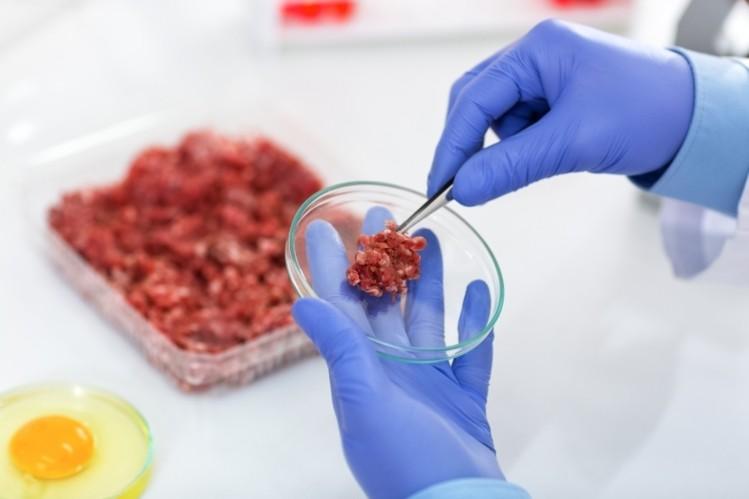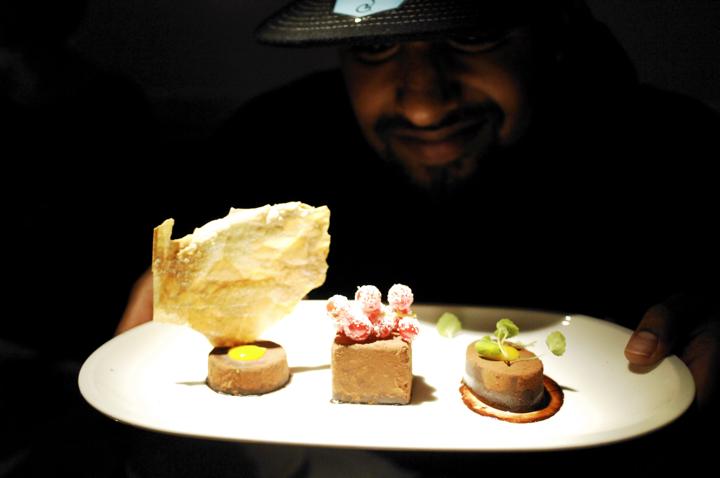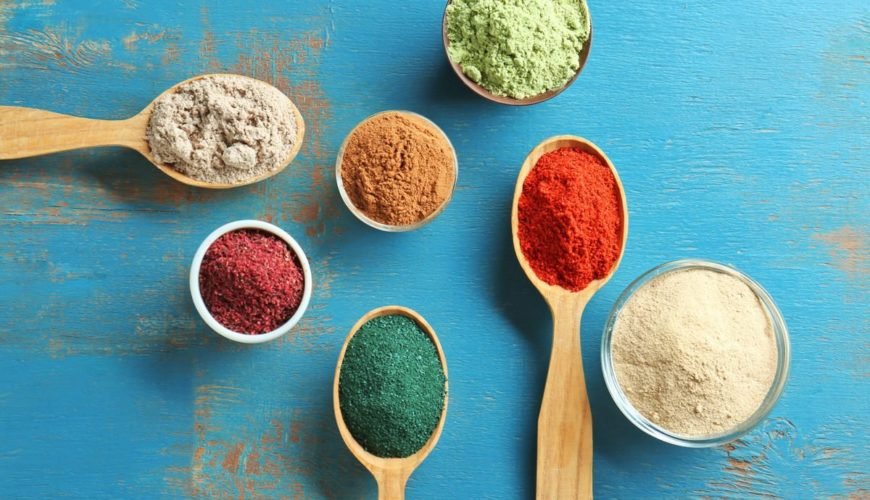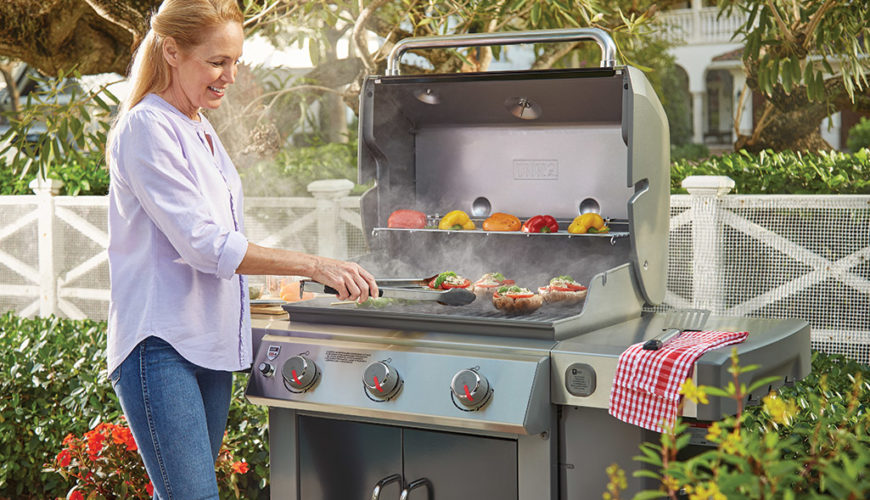It’s tough to predict the future. Even the most informed opinions, delivered with the most earnest intentions, and correcting for contemporary biases, won’t get it right every single time. In fact, the batting average is pretty mediocre. Just look at the weather and the stock markets – two shifting models that, while predictive technology has improved, remain famously difficult to pin down.
But that shouldn’t stop anyone from trying. Take food for example: everyone knows that the food landscape will change, but experts share different opinions on just what that change will look like. Will food scarcity have a great impact on the way we eat? Will technology, medical advancement, legalization policies and/or cultural change?
It’s impossible to tell for sure, but let’s look at four of the best predictions pundits have discussed so far.
Lab Grown Meat Alternatives
This is already underway at present, and the concept shows no signs of abating. If technology can find a way to provide the world’s omnivores with a meat eating experience comparable to the real thing, without harming animals (aside from, potentially, those whose cells were used as growth medium), there will be a huge demand. The question going forward is how to make lab grown meat affordable and scalable to meet demand – something you can expect scientists of the future to tackle.

Legalization Leading to Greater Experimentation
Canada recently legalized Cannabis, as did a number of states and other countries. Following this trend, the world could see amore creative and experimental approach taken to cannabis, including its culinary role. There are already culinary-focused companies that allow you to try these calming CBD edibles or infused cannabis teas, but expect this trend to continue and expand. Don’t be surprised, in 10 years, if you can order a plate of CBD fries at your local burger shack.
Food Prep Automation
Automation has profoundly affected nearly every industry, food included. It’s been a part of food manufacturing for a long time, since the first food processing, canning and mass-production plants opened their doors. But food automation is about to get even more serious. There is a pizza place in the San Francisco Bay are that is almost entirely run by robots, who make and deliver all the food. There are restaurants popping up with robotic chefs. The ethics surrounding worker precariousness are iffy, but it seems to be the way the wind is blowing, so expect more intelligent automation to be hitting the food industry, hopefully improving our eating experiences!
Personalized Nutrition
Everyone’s body functions differently, with different tolerances and optimal diets – this is pretty self-evident. But, even now, scientists and doctors lack a quick, reliable way of determining your personalized nutritional needs. And the nutritionists that are out there often work with incomplete information or on necessary generalizations. Expect that to change. Expect, in the future, for everyone (or those with healthcare, at the very least) to have access to a personalized, optimal diet plan.
For better or for worse, the food industry is changing. While some advancements seem promising and exciting, others are worrying. Time will only tell how each of these predictions pan out, but for the time being, savour your meals – they might never be the same!




